The following poem was written in 1991 by now OU honorary graduate Jackie Kay. Jackie was born in Glasgow in 1961. Her mother was a white Scottish woman and her father was a black Nigerian student. She has written extensively about the subject of identity in the context of her own experience – for example, of being an adopted child, brought up in Glasgow.
So you think I'm a mule?
‘Where do you come from?’
‘I'm from Glasgow.’
‘Glasgow?’
‘Uh huh. Glasgow.’
The white face hesitates
the eyebrows raise
the mouth opens
then snaps shut
incredulous
yet too polite to say outright
liar
she tries another manoeuvre
‘And you parents?’
‘Glasgow and Fife.’
‘Oh?’
‘Yes. Oh?’
Snookered she wonders where she should go
from here –
‘Ah, but you're not pure’
‘Pure? Pure what.
‘Pure white? Ugh. What a plight
Pure? Sure I'm pure
I'm rare …’
‘Well, that's not exactly what I mean,
I mean … you're a mulatto, just look at ...'
‘Listen. My original father was Nigerian
to help with your confusion
But hold on right there
If you Dare mutter mulatto
hover around hybrid
hobble on half-caste
and intellectualise on the
'mixed race problem’
I have to tell you:
take your beady eyes offa my skin;
don't concern yourself with
the ‘dialectics of mixtures';
don't pull that strange blood crap
on me Great White Mother.
Say, I'm no mating of a
she-ass and a stallion
no half of this and half of that
to put it plainly purely
I am Black
My blood flows evenly, powerfully
and when they shout ‘Nigger’
and you shout ‘Shame’
ain't nobody debating my blackness.
You see that fine African nose of mine,
my lips, my hair, You see lady
I'm not mixed up about it.
So take your questions, your interest,
your patronage. Run along.
Just leave me.
I'm going to my Black sisters
to women who nourish each other
on belonging
There's a lot of us
Black women struggling to define
just who we are
where we belong
and if we know no home
we know one thing:
we are Black
we're at home with that.’
‘Well, that's all very well, but …’
‘I know it's very well.
No But. Good bye.’
What does the poem mean?
 Jackie Kay at the Edinburgh International Book Festival, 2016
Jackie Kay at the Edinburgh International Book Festival, 2016
The poem indicates some of the ways in which we link identity to place and the criteria which are used for making those connections. In everyday interactions we interpret the clues which are given and given off and classify people accordingly. For many of us it is no longer possible to ‘read off’ identity from the same signals we might have used in the past. This poem represents a contemporary question about identity. In attempting to classify people according to where they come from we may be thrown, when there are contradictory messages given off.
In this situation it is suggested that the white woman is confused by Jackie's claims to be ‘from Glasgow’ because she apparently feels that black people cannot be ‘really’ Scottish (or British). The poem describes how the white woman here ignores the replies (and Jackie's Glaswegian accent presumably) and insists that to be black is to be an outsider.
The poem also highlights the way in which identity is marked by difference. People mark their identities by some symbols of difference – scarves, badges, clothes, ways of speaking. This time the difference suggests that the white woman defines Jackie as an outsider, in an unequal relationship of ‘us and them’. ‘Us’ includes people who are the same as us, using the criteria which we think mark us out as the same, for example being white; ‘them’ are marked out as different because ‘they’ are not the same as ‘us’. This suggests that ‘we British’ could be a superior category to ‘those foreigners’. The key point about difference in the example of the poem is that being black or white is not only a way of marking difference but is used as a means of asserting superiority. Such assertions of superiority and the attempt to exclude people on grounds of ‘race’ and ethnicity can be described as racist.
This poem is also about a search for certainty and disquiet about uncertainty. When ‘snookered’ by her earlier questions the white woman resorts to questions about ‘purity’. She is seeking to locate identity in a category which we can mark off as fixed and certain. Jackie's response to the misconceptions of the white woman is to deny any uncertainty on her own part. She gives voice to a collective identity which has meaning for her as an individual. She may be unclear about where she ‘comes from’ but is quite certain about who she is, who she wants to be and with whom she belongs. In her response Jackie is offering one possible solution to the uncertainties posed by the question ‘where do you come from?’ in a multicultural and multi-ethnic society.
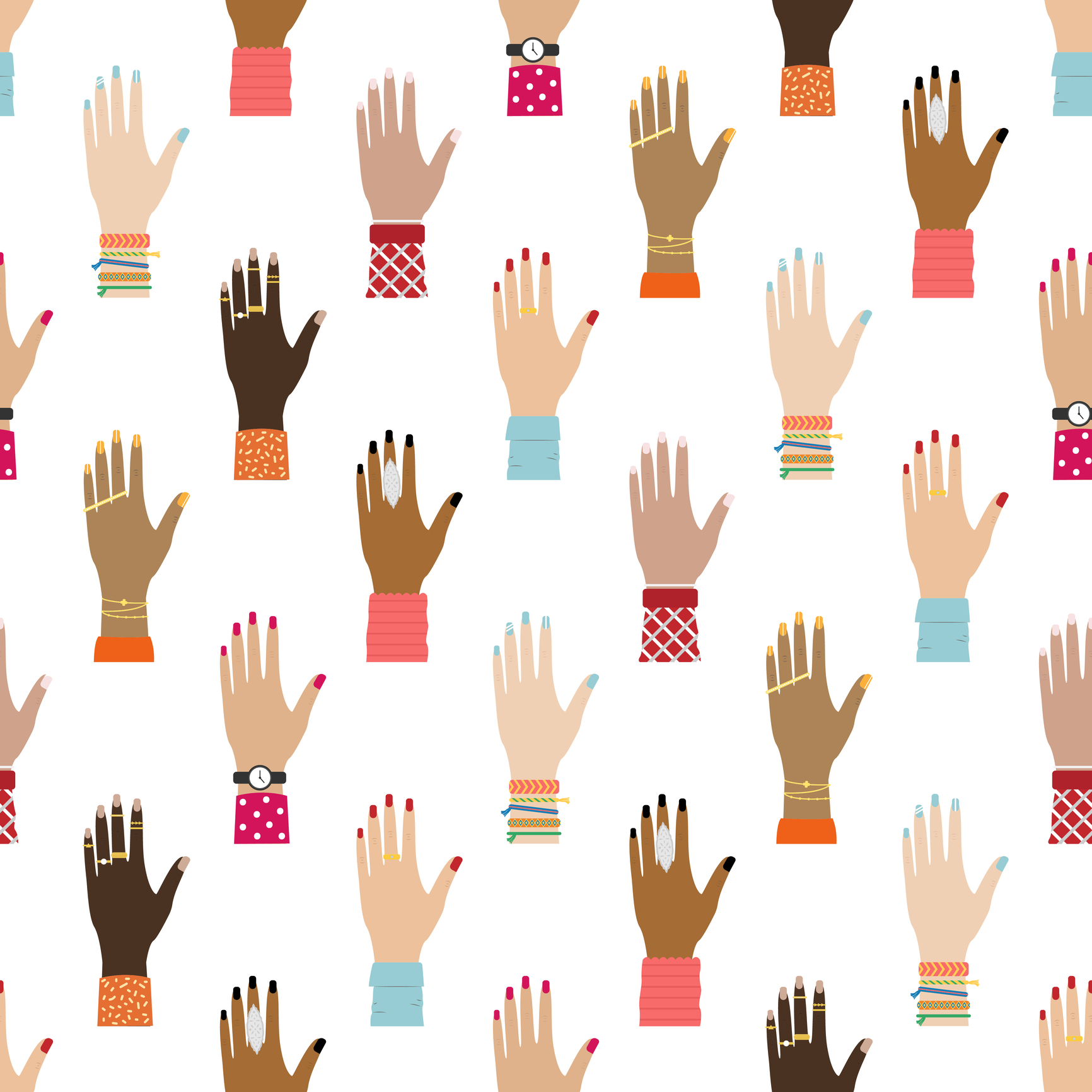
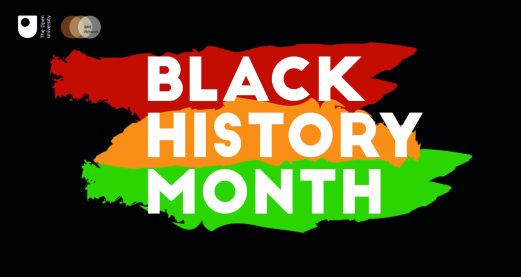
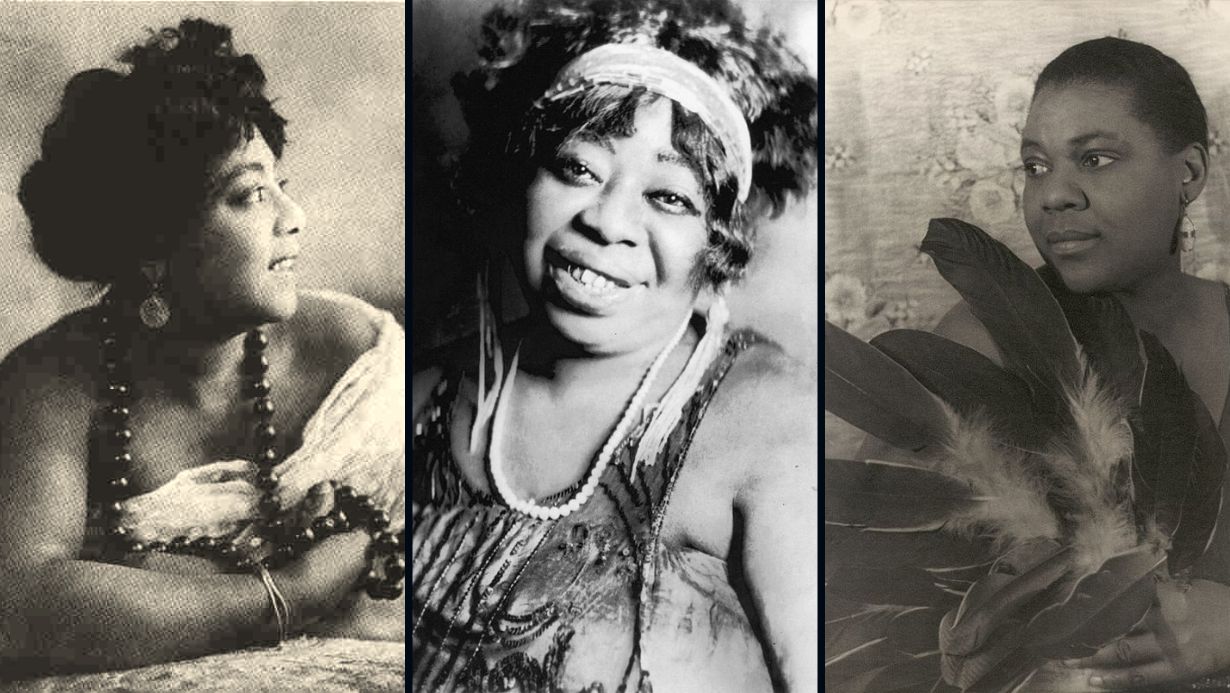
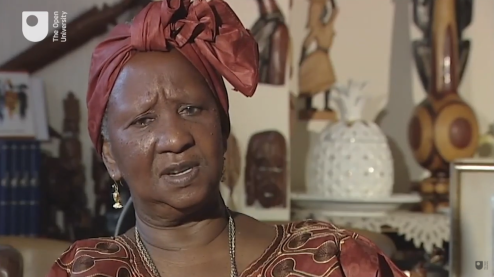
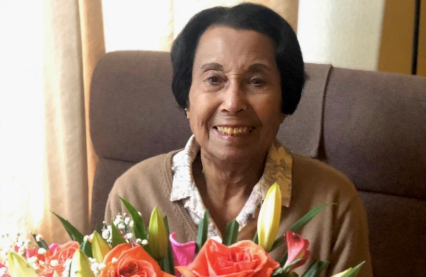
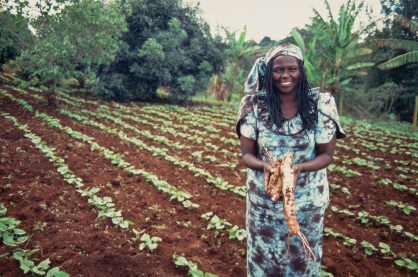
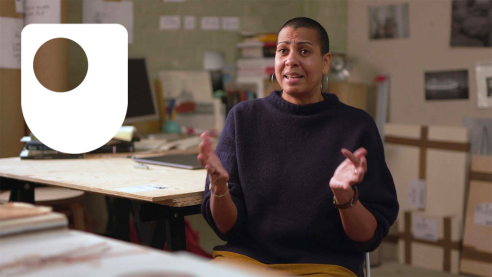
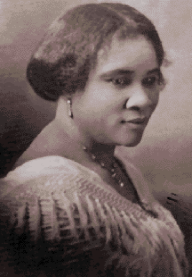
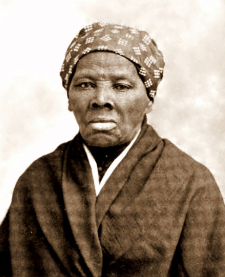
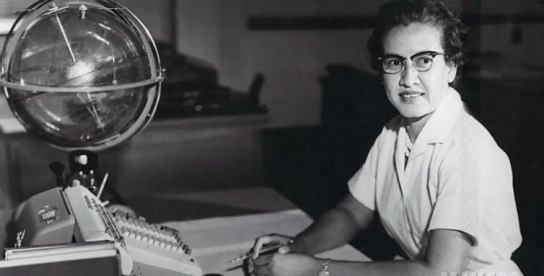
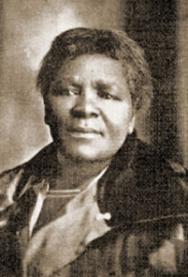

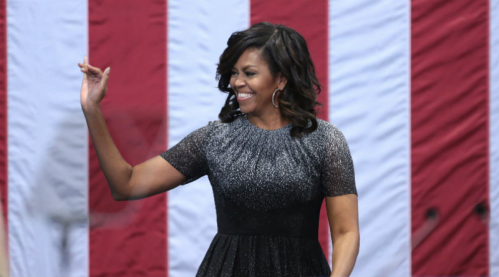
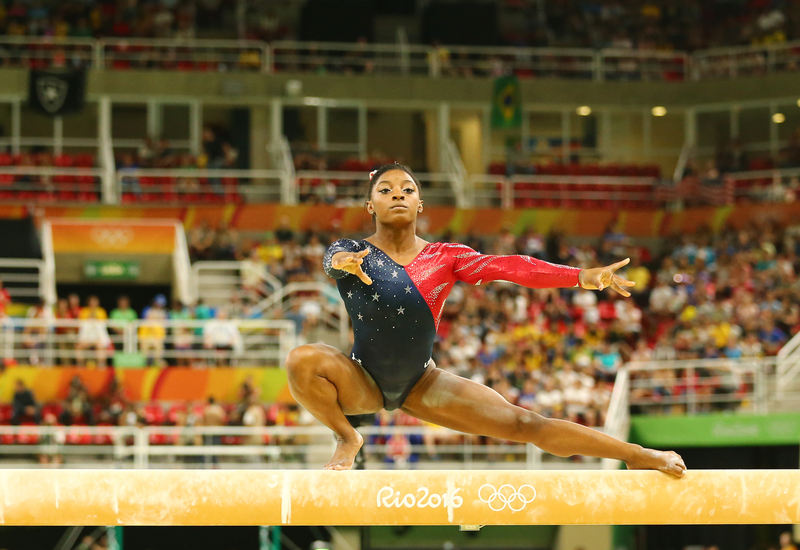
Rate and Review
Rate this article
Review this article
Log into OpenLearn to leave reviews and join in the conversation.
Article reviews